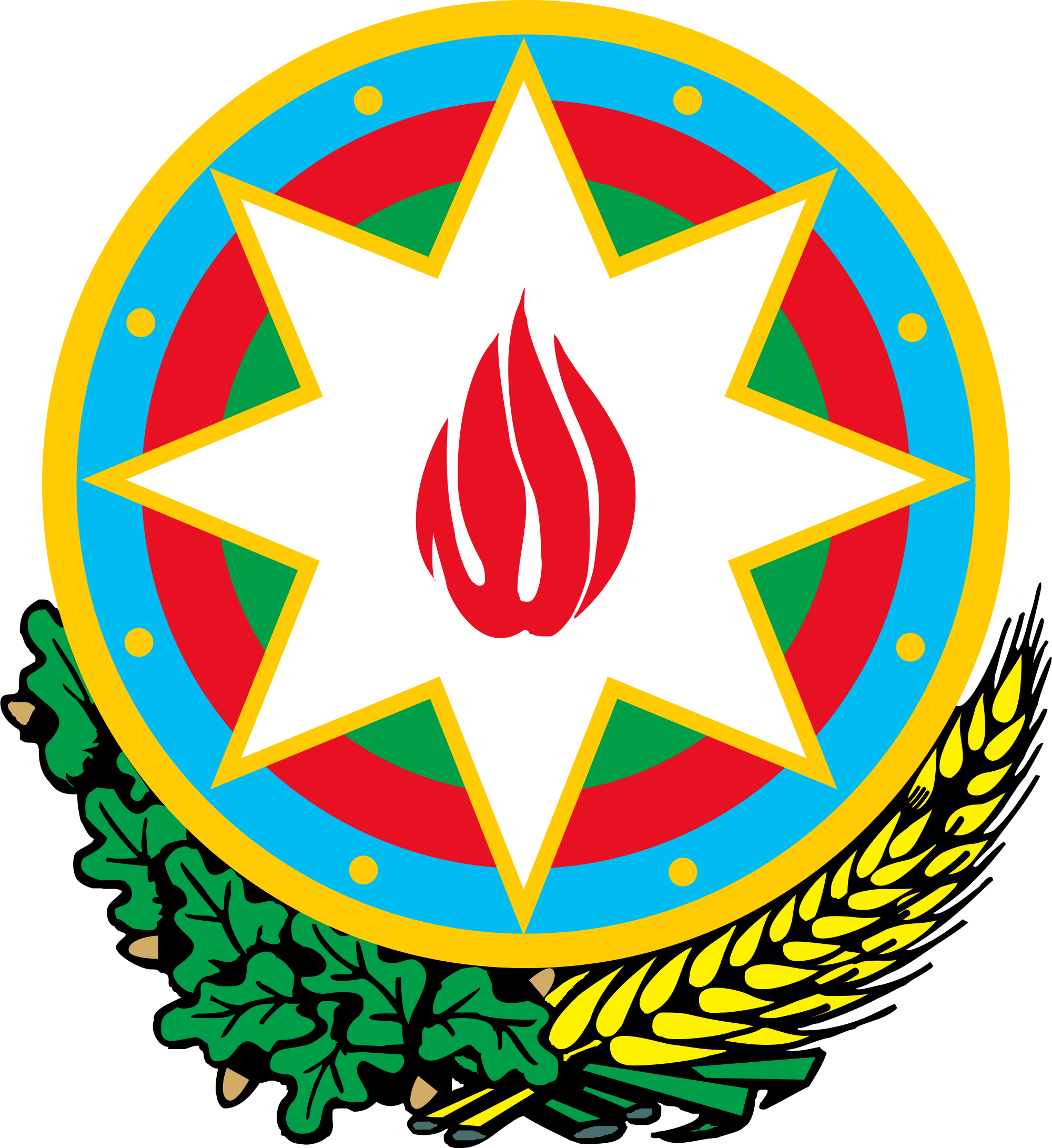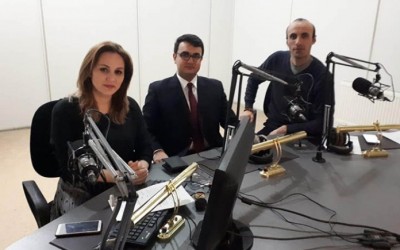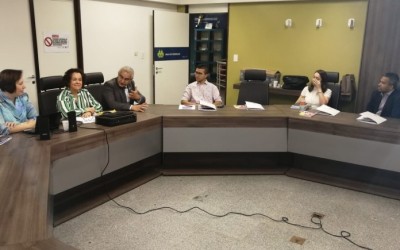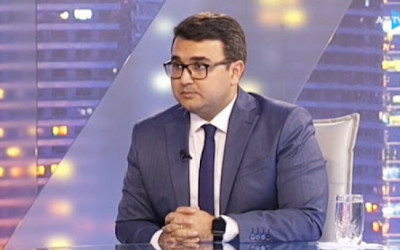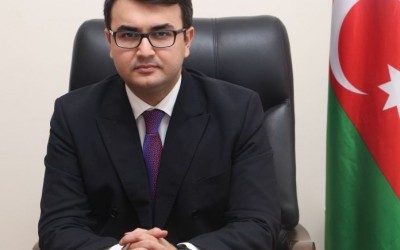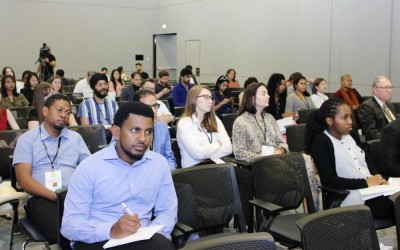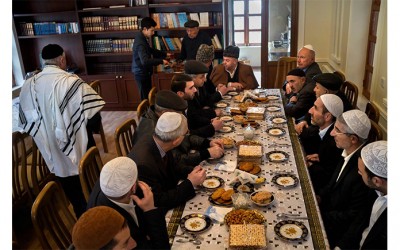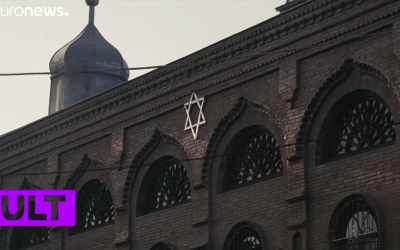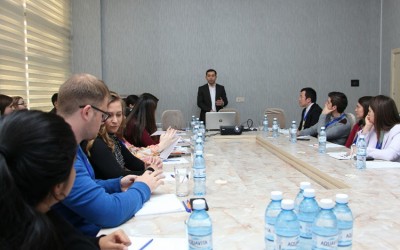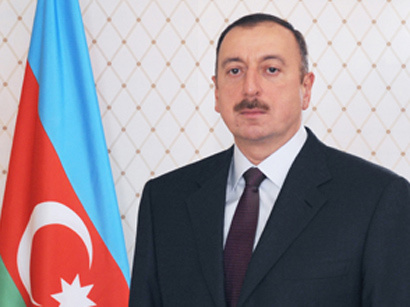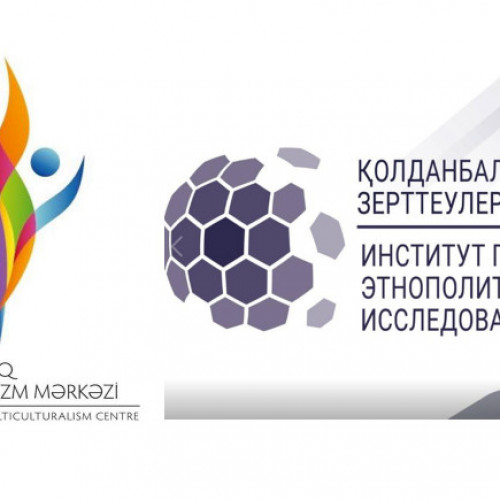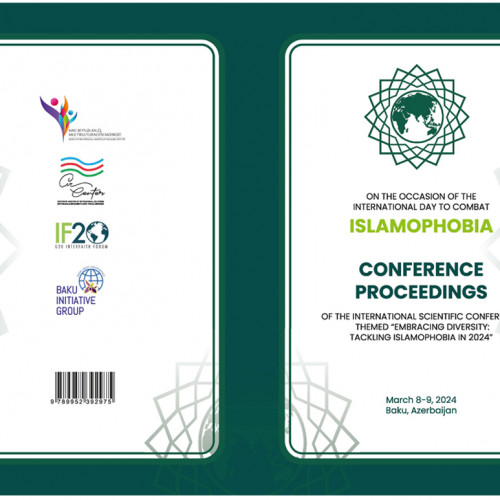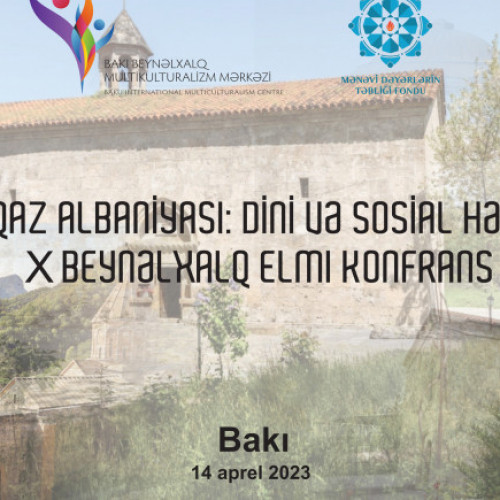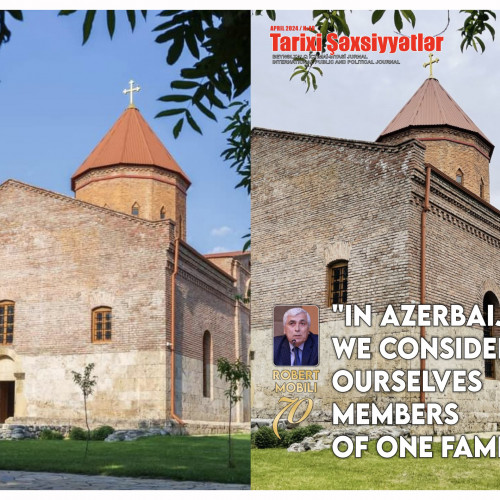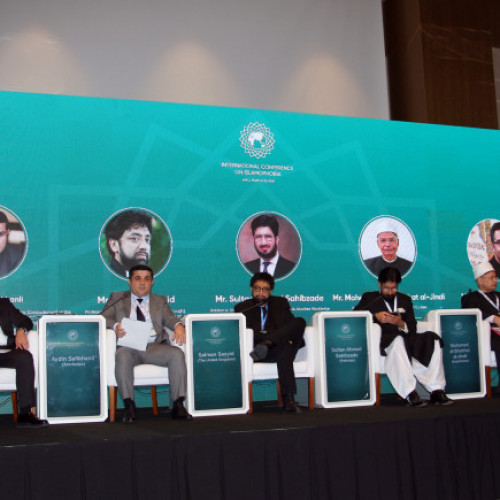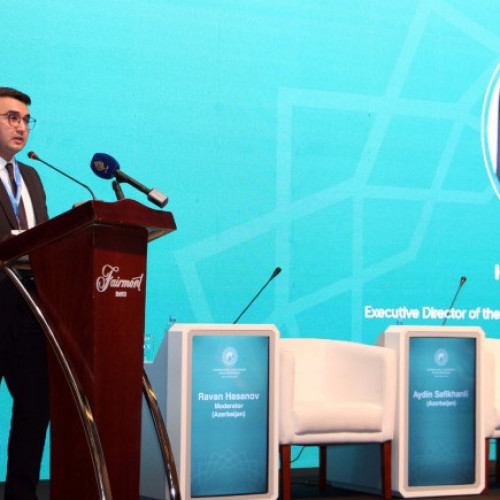Multicultural Azerbaijan: Why The Struggle Over Nagorno-Karabakh Is Not A Religious War
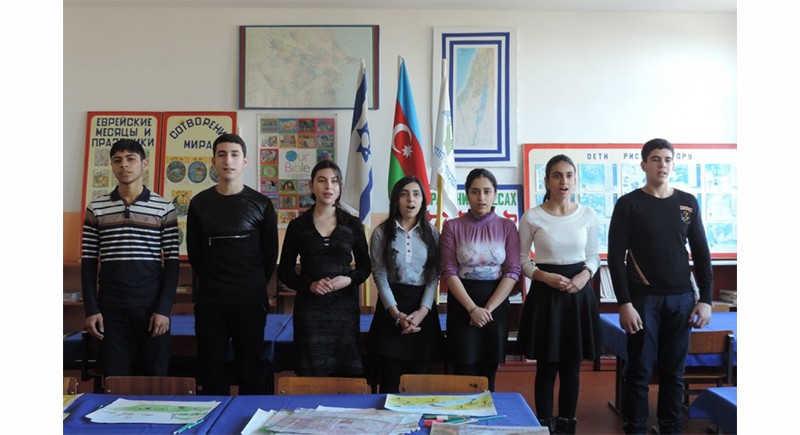
Armenian Prime Minister Nikol Pashinyan, when speaking to Western reporters, likes to portray the conflict over Nagorno-Karabakh as a religious conflict. However, even though Armenia is Christian and Azerbaijan is predominantly Muslim, the conflict over Nagorno-Karabakh is not of a religious nature in the slightest. In fact, most Azerbaijani Muslims are seculars, who greatly value the minorities that live among them.
Modern-day Azerbaijan, which is located north of Iran, east of Georgia and Armenia and south of Russia, was a major stop along the ancient Silk Road. Its capital city Baku, which is divided between Muslim and European quarters, highlights that the nation is at a crossroads among various civilizations. Traditionally, Azerbaijan has always sought friendly relations with its neighbors, alongside other nations in the greater Middle East and the world at large.
Over the past few years, Azerbaijan’s Heydar Aliyev Foundation has been working together with the Vatican in order to restore prominent Christian holy sites and artifacts, including the Sistine Chapel, two catacombs, and various other treasures in the Apostolic Library. According to the Vatican, this kind of cooperation with a predominantly Muslim country is rare. Aside from this, Azerbaijan has financed repair work in the Cathedral de Notre Dame de Strasbourg, as well as two other medieval churches in France.
As Azerbaijani Rabbi Zamir Isayev noted, “This war is not religious-based and not national. Azerbaijan does not aim to attack any nation or religion or Armenian territory at all. Azerbaijan is a very multicultural state. Many minorities are soldiers in the Azerbaijani Army. More than 30,000 Armenians live in different cities in Azerbaijan and they live here peacefully. Azerbaijan does not aim to attack Armenians. They only seek to liberate their territories and to send the one million internally displaced Azerbaijani refugees back to their homes. This is the goal of Azerbaijan.”
Modern-day Azerbaijan is a nation that prides itself on its multiculturalism as a matter of official policy. Today, there are more than 649 registered religious communities in Azerbaijan, of which 37 are non-Muslim. In Azerbaijan, there are 13 functioning churches and 7 active synagogues, and there are reports that the number of holy sites is growing every year. According to Rabbi Isayev, “Before the eruption of the conflict, Armenians worked in very good places in Azerbaijan and were living alongside Azerbaijanis. In Georgia, some villages are partially-Azerbaijani and partially-Armenian. They live together well. This shows that the only goal of Azerbaijan is to liberate its territories and to let its one million internally displaced refugees go back.”
Anastasia Lavrina, a Russian Christian who works for Azerbaijani TV, concurred, stressing in an exclusive interview: “I was born in Azerbaijan, yet I am of Russian heritage. We live in a very lively environment. I never experienced pressure from Muslims. My Azerbaijani is not perfect. I speak English and Russian better. Yet, I found good work.” She is not alone in this: “Almost 150,000 Russians live in Azerbaijan. It is one of the biggest communities of Russians beyond Russia. Here, we do not differentiate between the Russian and other Azerbaijani ethnic groups.”
“Whenever there is a Russian holiday, we try to invite Azerbaijanis to share our culture and our story with them,” she explained. “In Azerbaijan, we celebrate the holidays of all faiths. Furthermore, many people from Azerbaijani families prefer for their children to study in Russian schools, for they want their children to speak Russian, Azerbaijani and English. In each school, we have a minimum of one Russian class, starting from grade one onwards. In the university, you can select if you want to study in Russian, English, or Azerbaijani.”
Rabbi Ravin Shmuel, who heads Va’ad L’Hatzolas Nidchei Yisrael, stressed that the Azerbaijani Jewish community has similarly been treated with respect by the local Muslim population in Azerbaijan: “All of the synagogues and cemeteries are preserved by the Azerbaijani government. The government does everything for us. The synagogues are always open and never closed. That is how good it is for us. Each holiday, the government wishes us a happy holiday on TV.”
Rabbi Isayev added: “We have Jewish government funded schools. Together with Russian and Azerbaijani, we learn Hebrew and it is part of the official government program. If the child does not know Hebrew, he cannot get a diploma for it is part of our government program. We also teach Jewish culture and traditions. We have a separate kosher dining room in the school.”
In contrast, in the USA and Canada, going to Jewish schools is quite expensive, even though Canadians and Americans also pride themselves on their multiculturalism and tolerance. Thus, this illustrates that the Azerbaijani government does respect minority faiths and cultures, whether they be Jewish, Russian, Armenian, etc.
Lavrina stressed that the Nagorno-Karabakh is not of a religious nature, for there are Christian Russians and Jews fighting alongside Muslim Azerbaijanis against Armenia: “Not only Azerbaijani Muslims suffer from the Armenian occupation. Many ethnic Russians also suffered, and we want to make it more visible. A couple of Russians were killed in the fighting. All of these ethnic groups are coexisting in Azerbaijan and we want to do this as well when all our lands are liberated.”
Rabbi Isayev agrees with Lavrina: “The Azerbaijani people do not love or want war but are forced to do so for we are under attack. They attacked our citizens. Only then we decided to liberate our territories. We waited thirty years with peace negotiations. We could have started this war 10-15 years ago. We waited to solve this peacefully. But the Armenian government showed us that it is impossible to do it this way. They began the attacks and then we had to start the offensive.”
According to Rabbi Isayev, the Azerbaijani Jewish community also suffered during the Armenian bombing of Ganja: “Many people in the city were in shock due to the rocket attacks. Some Jewish properties were damaged. We have 1,000 Jews in Ganja. Thank G-d, the people are fine, but it caused a psychological problem for us. They are afraid that the Armenians will attack again. Before that, the Jews had no fear at all. Ganja is a very international city. There are Russians, Jews, Armenians, many nations there, like in Baku.”
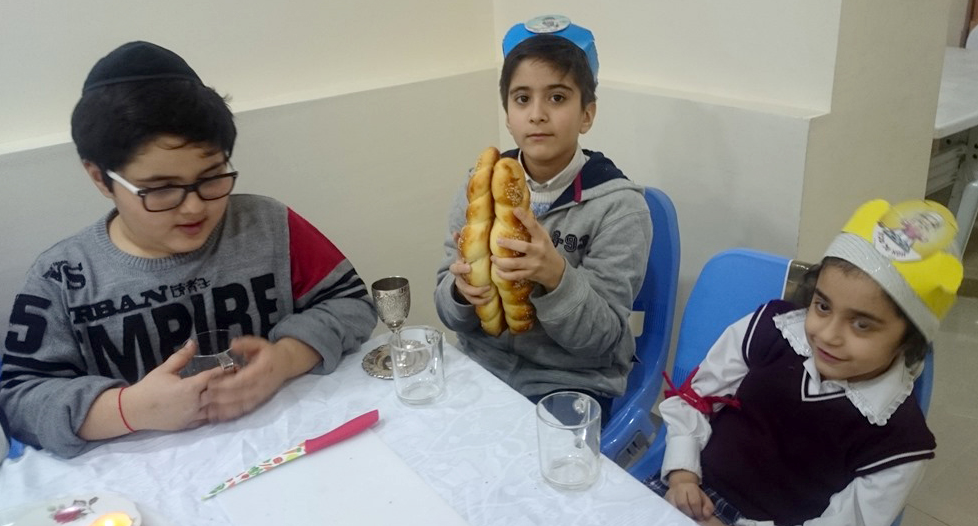
As Azerbaijan’s national leader Heydar Aliyev stated, “A country becomes more powerful when it unites more nations because every single one of them contributes to universal culture and civilization.” From its very inception, Azerbaijan is a nation that prides itself on its multiculturalism, considering it to be a national value. It is also one of the few countries in the world where there is zero anti-Semitism or any other kind of religious prejudice. In fact, despite the recent conflict with Armenia, the local population in Azerbaijan still supports multiculturalism and religious tolerance as a way of life, looking forward to the day when Armenia will also share these values.
Considering these facts, any claims that Armenia’s Prime Minister makes that this conflict is religious in nature are bogus.
In 2002, Pope John Paul II visited Baku. During his visit, the Pope thanked President Aliyev for building a new Catholic Church in Baku, after Stalin demolished most religious sites in Azerbaijan during the 1930’s. To this day, a large statue of the Virgin Mary stands directly in front of the church and attracts large crowds.
In 2016, Pope Francis also visited Azerbaijan and confirmed that Azerbaijan is a society that cultivates religious tolerance, while denouncing hatred, bigotry, and extremism. Indeed, Azerbaijan is a nation that welcomes various cultures and religions, exactly like Canada and the USA. For this reason, both Azerbaijan and many Western nations have many shared values.
Editor’s note: Just prior to publication, Armenia, Azerbaijan and Russia said they have signed a deal to end the military conflict over the disputed region of Nagorno-Karabakh. Russian President Vladimir Putin said, “We believe that the achieved agreements will create the necessary conditions for a long-term and full-fledged settlement of the crisis around Nagorno-Karabakh on a fair basis and in the interests of the Armenian and Azerbaijani people.”
https://www.thej.ca/2020/11/12/multicultural-azerbaijan-why-the-struggle-over-nagorno-karabakh-is-not-a-religious-war/

